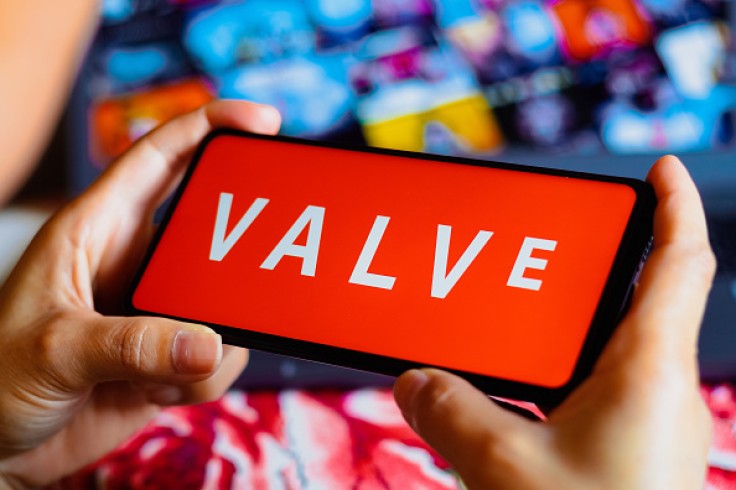News has emerged that certain game titles were rejected by Valve due to them having AI-generated content. This move led people to think that perhaps Valve was against the use of AI tools, but Valve issued a statement to correct that.

All About Legality, Not Ethics
Valve owns the PC game distributor Steam, and it overlooks the titles that are published. Certain game titles were not allowed on the platform due to it containing AI-generated assets. This led to a game developer stating that Valve is no longer willing to publish games with AI content.
The developer claims that the game only had a few assets that "were fairly obviously AI-generated." Then again, it was not the issue of creators claiming to have created the assets themselves despite using AI tools to generate them.
Valve responded saying that it was due to the legal ownership of such AI art being unclear. The developers have to confirm that they own all the intellectual property, which is used in the data set that was used to train the AI tool to create the assets in the game, according to Tech Crunch.
A week after the rejection, Valve reiterated that they have reviewed the game to better understand how the AI tools were used, but they cannot "ship games for which the developer does not have all of the necessary rights."
This means that the use of AI tools to generate assets for the games is not the main issue, but rather the content that was used to train such AI tools. The data used usually reflects the outcome generated, which may subject the game to copyright infringement.
Despite the conclusion, Valve says that their goal was not to discourage the use of it on Steam, acknowledging that it was a constantly evolving tech. The review process for Steam simply works with the current copyright laws and policies.
Companies Are Already Protecting Their Data
Seeing as generative AI uses content found online to train their AI models, tech giants are already wary of AI companies using their users' interactions for the benefit of the latter. This is the impetus that urged both Twitter and Reddit to create preventive policies.
In Reddit's case, it implemented the controversial API pricing that eventually grew to become a problem for the company. Several third-party apps could not sustain the fees that come with the use of the social networking site's API.
With that in mind, the apps that helped Reddit users shut down or left the site. It also led to protests that lasted for more than two days, with some even choosing to remain private until Reddit takes the API pricing back.
Twitter has also limited its users' number of views per day with posts. Unverified users could only see up to 800 posts a day, while Twitter Blue subscribers also have a limitation of 8,000 tweets a day.
The change was not received well by its users, so much so that there are already signs of them leaving Twitter, as reported by Gizmodo, and using its alternatives instead. It just shows that some data used to train AI tools are not exactly acquired with consent.









